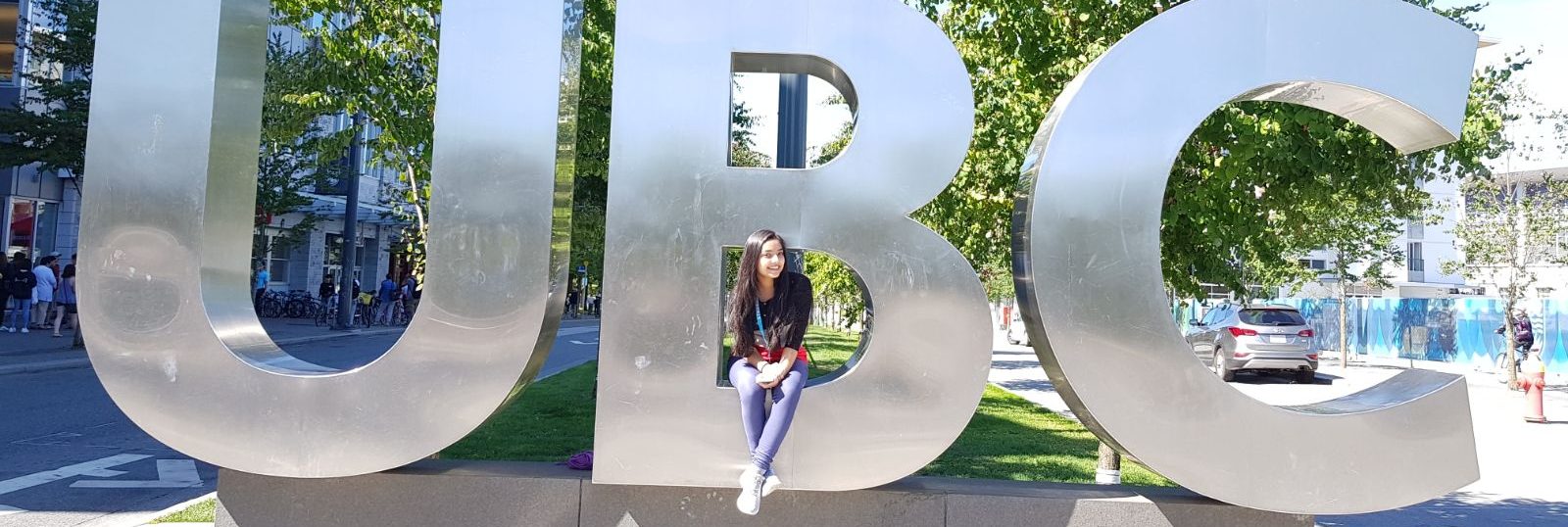Following is a list of my personal opinion and review of the professors and the courses they taught that I took in my very first semester in UBC, Vancouver campus.
Note: I am only explicating my personal experience and opinion. This analysis is fully qualitative and includes no quantitative ‘ratings’. This post is not sponsored or an assignment in any way.
- Robert Gateman
Course taught: ECON 101
Prof G’s classes feel nothing like a typical university class – every lecture seems like a TED talk. Gateman focuses on you knowing the theory of economics as opposed to doing pointless calculations – which is what I appreciate most because a) it works for my personal style of learning and b) I’m not exactly a fan of math. But this means that you do really have to know the theory in and out, because his midterm questions are absolutely bizarre and make you think in ways you have never thought. The tough exams are offset by the easy scaling, so your Econ grades probably won’t look worse than your others. Take this class if you are objectively smart and grasp concepts quick, and have the ability to think of Econ a little more imaginatively than usual. Don’t take it if Econ is just another one of your many electives, because then this class is way too much effort for you for no substantial reason.
2. Dr. Mary Ann Saunders
Course taught: WRDS 150
Dr Saunders’ class is boring as hell, but at least she acknowledges it and tries her best to curb the ridiculous lack of interesting material this course has to offer. I appreciate her initiative of taking her students easy and purposefully giving minimal homework. However, I found her pretty unprofessional, she came to class unprepared a few too many times and would rant about insignificant things for too long. Her marking was also a reflection of the same, I found it pretty inconsistent and vague. Nonetheless, I don’t have any regrets of taking this class because the work was made easy and the theme of the class, gender studies, was more interesting than some other themes in the other WRDS classes.
3. Daniel Rakotonirina
Course taught: MATH 104
Since I find my brain is not wired for calculus, this course was like a tongue twister for my brain that it never got around to actually saying… and Prof Daniel made that experience worse. It was really difficult to follow him in class due to his highly unclear diction and scrawly handwriting. Often he got confused while solving questions on the board, which was a completely ineffective, monotonous and one-way teaching style adopted by him. However, I do appreciate the fact that he always posted his notes online (which were a slightly neater version since they weren’t form the ones he wrote on the board), and that he gave easy homework instead of nerve-wracking weekly tests like some other profs. Nonetheless, I wish I took this class with someone else.
4. Barbara Arneil
Course taught: POLI 100
Prof Arneil is a delightful woman! Not only was she super supportive and helpful when I tried getting into a full class, but she was most attentive to questions online as well as offline. Her classes can get slightly monotonous since they are heavily slide based but she tries to jazz them up with activities, discussions, polls and so on. For someone who was studying political science for the first time, she really helped kindle my interest in the field enough to want to take more classes in future. She proved adept in explaining concepts clearly and effectively and passing on heavy theory in a way that makes it easy to remember. The midterms are easy but the final was unexpectedly hard, I found myself unprepared for that level of rigour and length of the paper. What really helped me ace this course was my TA who was really easy on her students, provided prompt feedback, and really cared about her job. Shoutout to you, Pan Chang!
